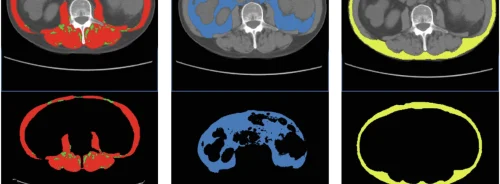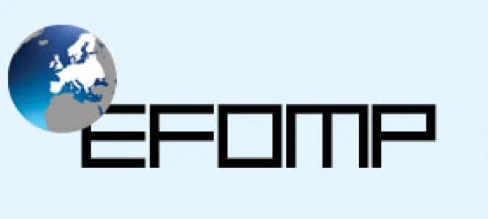The European Federation of Organisations for Medical Physics (EFOMP) has recently published a policy statement with recommendations on managing safety in MRI units.
An EU Directive on occupational exposure to electromagnetic fields is being revised. It is likely affect MRI practice, particularly in relation to management of safety, user guidelines, and a harmonised training programme.
A recent EFOMP survey of safety recommendations and regulations for MRI installations in European countriesshowed wide variation in procedures, ranging from compliance with national legislation that is more restrictive than international
guidelines to reports of no regulation.
Currently within Europe there is no consensus regarding the skills, knowledge and competence required of the person responsible for MR safety.
EFOMP suggests that a 2-level approach to the management of MRI Safety, which distinguishes between the roles of the person responsible for MR safety on a day-today basis (MR Safety Officer) and those of an expert level professional with a higher degree of scientific and technical expertise in MRI (MR Safety Expert), is adopted.
The MR Safety Officer (MRSO), must
- be competent to assess and manage dangers caused by MR equipment;
- be responsible for monitoring the measures taken to protect against such dangers;
- ensure that appropriate measures for minimizing risks to health that arise from the use of the MR equipment are implemented and monitored.
The role of MRSO may be carried out by suitably qualified personnel having recorded training such as Medical Physicists, Radiographers, Radiologists, etc.
The role of MR Safety Expert (MRSE) requires the skill, knowledge and competence to provide high level advice on the engineering, scientific and administrative aspects of the safe clinical use of MR devices. In particular the MRSE should be responsible for:
- the development and continuing evaluation of a safety framework for the MR environment;
- the development of local rules and procedures to ensure the safe use of MR equipment;
- advice regarding non-routine MR procedures for individual patients and specific patient groups.
The MRSE also has expertise in acceptance testing prior to the first clinical use of the equipment, in regular performance testing, and testing following any major maintenance procedure.
EFOMP recommends that MRSE appointees hold relevant scientific qualifications, including sufficient MR physics, at least at European Qualifications Framework (EQF) level 7 (with 1 or more additional years of relevant hands on experience).
EFOMP also recommends that accreditation of MRSEs should be provided by a competent authority and that a periodic review of appointees at 5 year intervals will facilitate harmonization of training and experience of MRSEs.
Reference:
The European Federation of Organisations for Medical Physics Policy Statement No 14: The role of the Medical Physicist in the management of safety within the magnetic resonance imaging environment: EFOMP recommendations. J. Handa, H. Bosmans, C. Caruanac, S. Keevila, D.G. Norris, R. Padovani, O. Speck. Physica Medica 29 (2), March 2013, 122–125.
Latest Articles
Safety, Guidelines, MRI
The European Federation of Organisations for Medical Physics (EFOMP) has recently published a policy statement with recommendations on managing safety in M...










